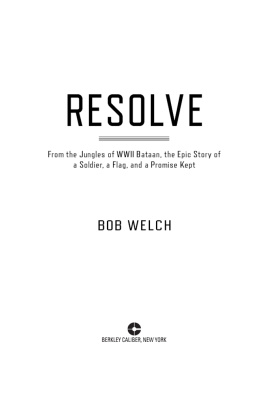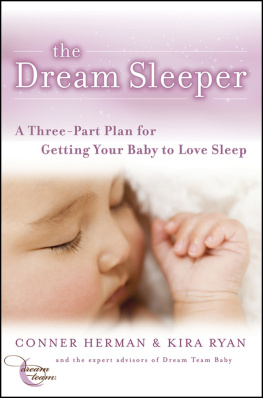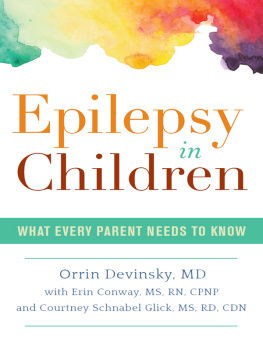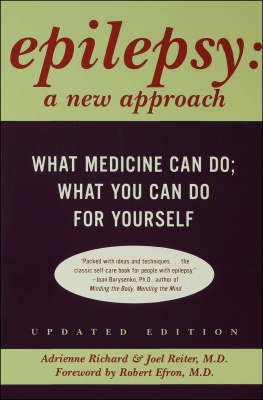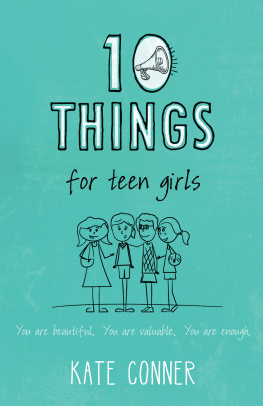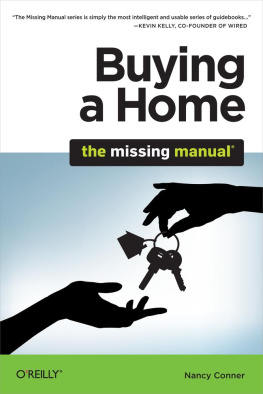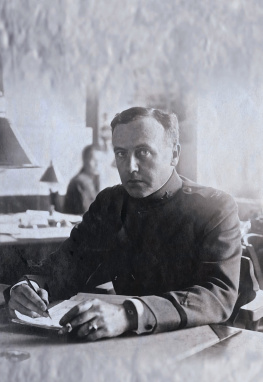A gripping portrayal of one womans descent into a domestic nightmare from her sons unrecognized illness.
-US Review of Books
DINGS
Lance Fogan
Copyright 2021 by Dr. Lance Fogan
___________________________________________________________
All rights reserved. This book or any portion thereof may not be reproduced or transmitted in any form or manner, electronic or mechanical, including photocopying, recording, or by any information storage or retrieval system, without the express written permission of the copyright owner except for the use of brief quotations in a book review or other noncommercial uses permitted by copyright law.
___________________________________________________________
Created in the United States of America
ISBN:Softcover 978-1-63871-672-3
eBook978-1-63871-673-0
Republished by: PageTurner Press and Media LLC
Publication Date: 11/15/2021
___________________________________________________________
To order copies of this book, contact:
PageTurner Press and Media
Phone: 1-888-447-9651
info@pageturner.us
www.pageturner.us
Dings
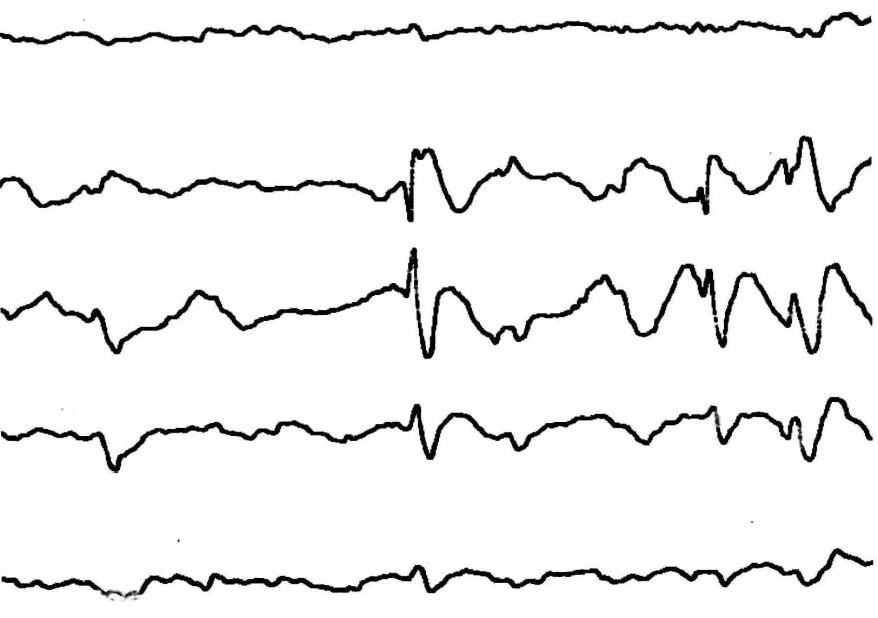
A Novel
Lance Fogan
Praise for Dings
This delightful book, written by a well-respected neurologist with decades of experience, explores the intricacies of neurologic disease while emphasizing the humanistic side of medicine. Written for lay consumption, the book gives a clear and authoritative description of the problems that the family of a child with subtle features of epilepsy may encounter in arriving at an appropriate diagnosis and treatment. This book rightfully belongs on the desk of anyone seeking an understanding of epilepsy in the child.
Michael E. Cohen, MD, professor of neurology and pediatrics, SUNY at Buffalo; former president of Child Neurology Society
As a veteran public-school psychologist, I see Dr. Fogans novel as an insightful assist in identifying and diagnosing a child with epilepsy in the school setting. It belongs in the library of anyone who works with children.
Marlene Curwen, MFT, retired school psychologist
I enjoyed this book. It provides a sensitive and accurate portrayal of a familys journey in understanding and coming to terms with a childs illness.
Joy Lottermoser, MS, school psychologist
Dr. Fogans book takes a realistic look at the problem of recognizing children with complex partial seizures. Early diagnosis and treatment are critical for them to achieve their full potential. This novel will help educators and the public learn about this interesting problem and advocate for children.
Karen Nelson, RN, MSN, district nurse, Newhall, California School District
Dr. Fogan has written a captivating novel about a common condition surrounding which there is much public ignorance, misconception and fear: epilepsy. He writes of the parents and their child, the doctors whom they encounter and the stages along their joint clinical and emotional journey. DINGS is fascinating and educational reading for anyone touched directly or indirectly by epilepsy.
D. Alan Shewmon, MD, clinical professor of neurology and pediatrics, vice chair of neurology, David Geffen School of Medicine at UCLA
DINGS portrays the process of psychologists helping families cope with the emotional struggles that can accompany a physical disorder. I recommend this book to family members striving to better relate to a child who has epilepsy.
Janet Miller Stier, PhD, clinical child psychologist
DINGS will be especially helpful to educators. Physical illnesses must be identified and distinguished from emotional ones. It will alert teachers to the elusive symptoms of unrecognized epilepsy.
Karen Weiss, elementary school teacher
There are currently 3 million people living with epilepsy in the United States of America and over 60 million others in the world.
This novel is dedicated to all the children who are affected by undiagnosed nonconvulsive epilepsy. These children require our immediate attention and care. Their families deserve our compassion and the professionals who treat them merit recognition and support.
Preface
The characters and events in this book are fictitious. Any similarity to real persons, living or dead, is coincidental and not intended by the author.
The information included in this novel is not intended or implied to be a substitute for professional medical advice. The reader should consult his or her healthcare provider to determine the appropriateness of the information for their own situation or if they have any questions regarding a medical condition or treatment plan. Reading the information herein does not create a physician-patient relationship.
Acknowledgments
I relied upon my clinical and life experiences in the preparation of this book. However, it was inspired and intellectually guided by my literary mentor, the international award-winning playwright, screenwriter, director, and author Donald Freed.
I am also grateful to the skilled professionals who reviewed chapters pertinent to their expertise. Specific advice concerning medical, neurological, and nursing scenes was offered by Michael E. Cohen, MD, professor of neurology and pediatrics at the University at Buffalo School of Medicine and Biosciences, former president of the Child Neurology Society; Sandra Gault, RN, BSN, district nurse at the Newhall School District, Newhall, California; Karen Nelson, RN, MSN, district nurse at the Newhall School District, Newhall, California; Betty Shaby, ANPC, MSD, neurology nurse practitioner; D. Alan Shewmon, MD, chief of the department of neurology at the Olive ViewUCLA Medical Center, Sylmar, California, clinical professor of neurology and pediatrics at the UCLA School of Medicine.
I appreciate the review and advice concerning the psychology aspects offered by Lourdes Caseras, PhD, clinical psychologist and psychoanalyst at the University of Miami School of Medicine; Marlene Curwen, retired school psychologist, MFT; Julian Kivowitz, MD, child psychiatrist; Joy Lottermoser, MS, school psychologist; Janet Miller Stier, PhD, clinical child psychologist; Wayne Tashjian, MFT, BCBA, director of the Behavior Therapy Clinic.
Advice that added realism to the teacher and school interactions were offered by Ana Donovan, BA, third-grade charter school teacher, and Karen Weiss, elementary school teacher .
Special appreciation goes to Paul Berkowitz. His valued friendship, wise counsel, encouragement, and technical skills meant so much to me in completing this writing project.
My young grandsons guided the portrayal of Conner, the third grader around whom this story revolves. Thank you, Emmett and Perry.
I also want to acknowledge the too-numerous-to-name friends and colleagues who made important suggestions that helped to enrich the narrative.
Finally, I would like to thank my family for their patience and encouragement as I pursued this project.
March 5, 2007
Southern California
Chapter 1
A rgh! There it was again! Conners temperature was 103.6 degrees. I was sitting on the side of our bed and had begun to dial the pediatrician when I heard it. The hairs on the back of my neck bristled. What was that? It was some loud, strange animal sound.
Sams head shot off the pillow, his face cast with a bleary-eyed, quizzical expression.
I dropped the phone. Conners room! We bolted down the hall. The dim sliver of moonlight shining through his bedroom window showed our little boy jerking and thrashing on his bed. I pushed past my husband. Whats he doing? Conner, what are you doing?
Conner growled. It was a drawn-out, high-pitched cry that sounded like something from a horror movie.
Next page

